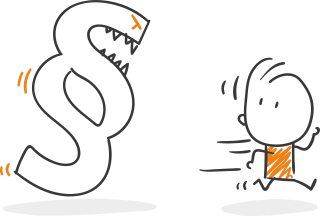
True-life situations
The case method uses situations that are “real”, “genuine” and “meaningful”.

Active student discussion
The case method entails in-class discussion between students and the instructor. The instructor's role is to encourage discussion and students’ involvement, rather than to speak to the case itself.

Context
The case method presumes that each management situation is unique. Principles and theories are always subject to a solid understanding of the situation.

Know-how and soft skills
The case method aims to generate learning on two separate levels: a general one and a particular one. But above all, beyond the content it is intended to generate learning at the level of attitudes, thinking reflexes, personal skills, judgment, and problem-solving, decision-making and reflection processes, etc. Emphasis is therefore focused on know-how and soft skills rather than on “knowledge” alone. Know-how and soft skills are both cognitive and affective in nature (McNair, 1954).